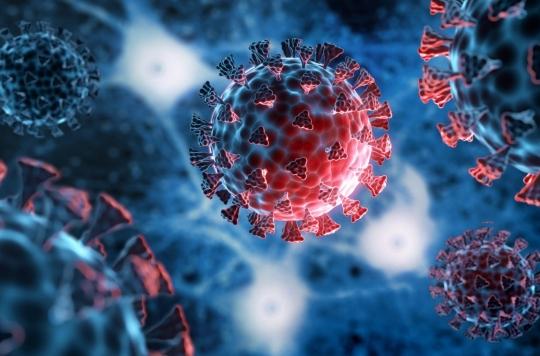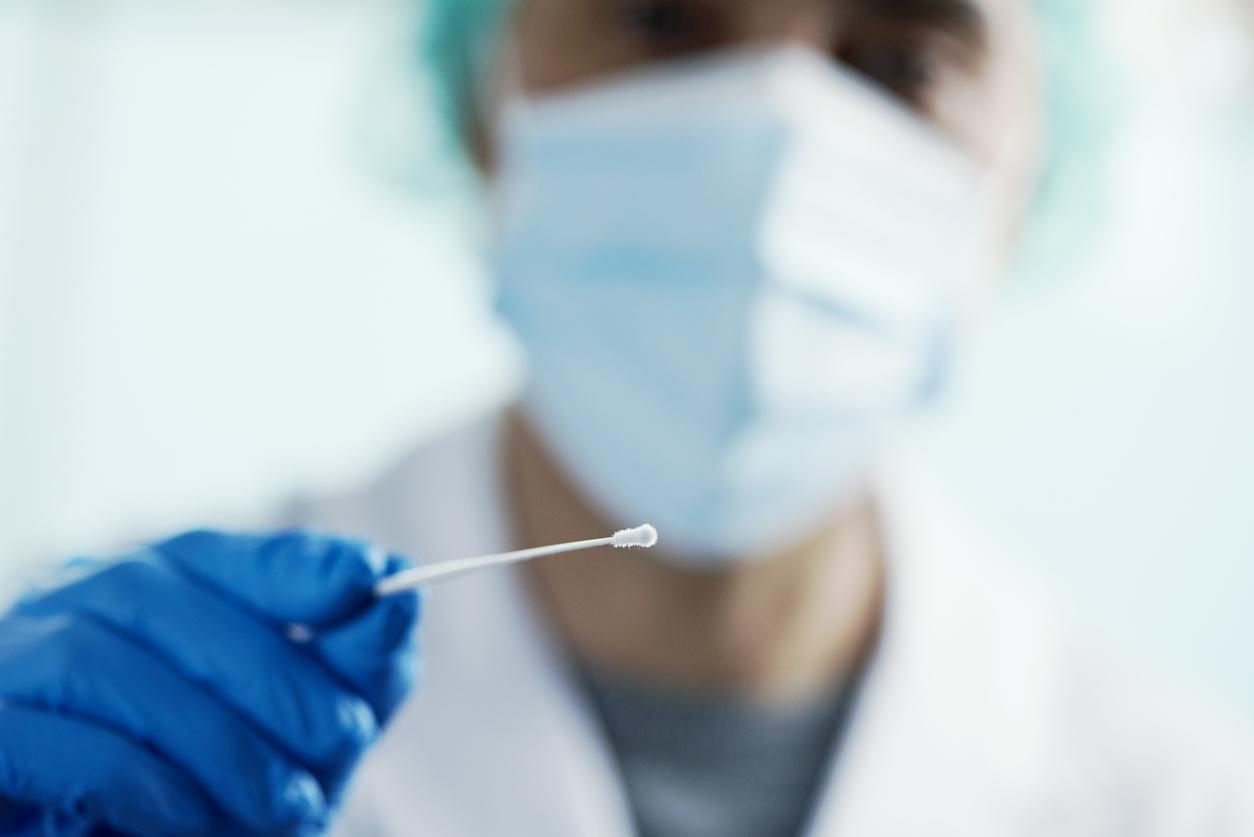Researchers have compiled a list of six blood proteins that are linked to severe forms of Covid-19 and eight that protect against them.

- Eight blood proteins would protect against the development of severe forms of Covid-19.
- Conversely, six proteins would be associated with an increased risk.
“The ABO enzyme helps determine an individual’s blood type and is linked to both the risk of hospitalization and the need for respiratory support or deathsays Dr Christopher Hübel of King’s College London, co-author of a study recently published in the journal PLOS Genetics. Our study does not link specific blood type to risk of severe Covid-19, but as previous research has shown that the incidence of Covid-19 infection is higher in people of the A, this suggests that blood group A is probably more vulnerable. We’ll have to figure out why.”
Causal links between proteins and severe forms of Covid
In their work, the researchers analyzed more than 3000 proteins in order to identify those linked to the development of severe forms of Covid-19. “We use a purely genetic and computational approach to study a large number of blood proteins and we have identified some that had causal links with the development of severe forms of Covid-19”develops Dr. Alish Palmos, lead author of the study.
Eight proteins protect against Covid-19
Thus, the scientists observed that six proteins were associated with an increased risk of developing a severe form of the virus, which they defined according to two levels of severity: on the one hand hospitalization and respiratory assistance and, on the other hand, the other hand, the death of the patient. The authors then identified that the ABO enzyme was specifically associated with an increased risk of hospitalization and the need for respiratory support. ABO determines blood groups, which suggests that blood groups – without the study specifying which ones – could have a determining role in the development of severe forms of the disease. In parallel, the scientists identified eight other proteins that protected against severe forms of the disease.
Works that will serve future research
The aim of this research was to identify new therapeutic targets in order to eventually develop new treatments. “What we have done in our study is to provide a smaller list that will serve future research, explains Gerome Breen, another author of the study. Out of thousands of blood proteins, we have narrowed this list down to around 14 which could be linked to the risk of developing a severe form of Covid-19 and which could therefore be of interest for further research in order to better understand the mechanisms of the disease. virus, with the ultimate goal of developing new treatments and, perhaps, preventive therapies.”
.

















